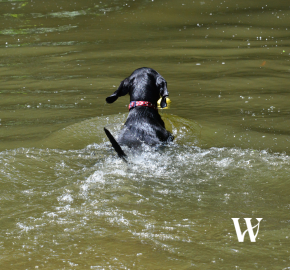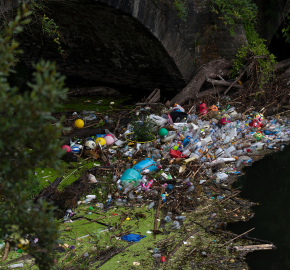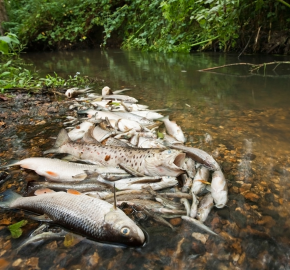WildFish welcomes Environmental Audit Committee damning report on Water Quality in Rivers
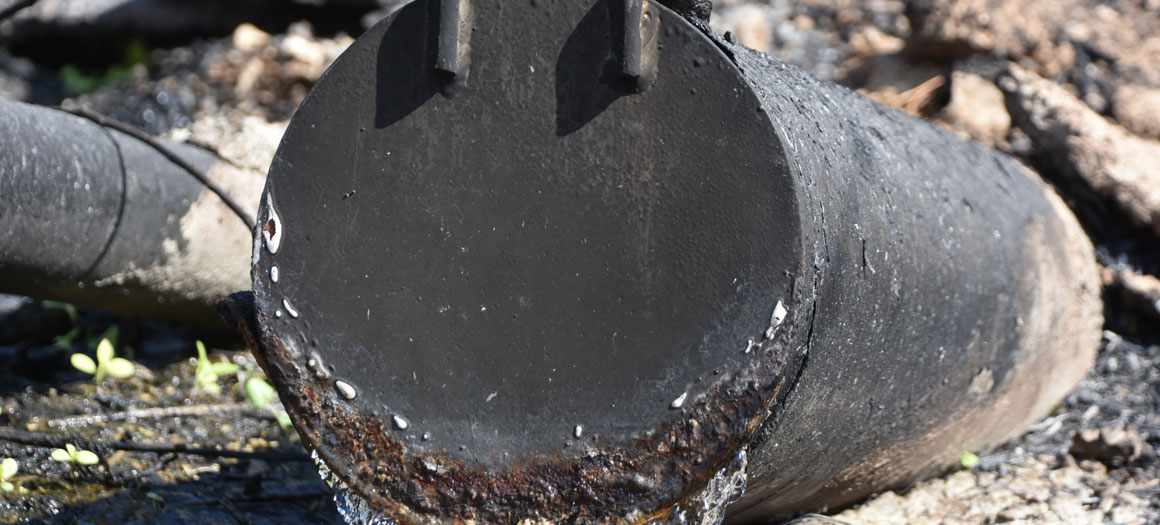
WildFish (formally known as Salmon & Trout Conservation) welcomes Environmental Audit Committee damning report on Water Quality in Rivers
MPs leave nowhere for Government, Environment Agency and Ofwat to hide from their collective failure to deal with polluting water companies and poor farming practices
Having given detailed written and oral evidence to the Committee, WildFish is delighted with the depth and detail of the Committee’s report.
Salmon
On salmon, the Committee has called for urgent action – “it should ring alarm bells that wild salmon are classified as at risk or probably at risk in almost every river in England they traverse. Protecting rivers where important species, such as the North Atlantic salmon are known to be in danger must be a priority for the Environment Agency. Pollution levels in these rivers must be reduced as a matter of urgency” [Para 43].
Nick Measham Chief Executive of WildFish said:
“We have had Salmon Action Plans, we have had endless round-tables, initiatives and meetings, but what we haven’t had is the robust political commitment in Whitehall to do all it takes to protect salmon. We have perhaps one last chance at getting this right. We need to hear right now, from Government at the highest level, that they understand what they are being told on salmon and they will act.”
Operator self-monitoring
WildFish has opposed consistently operator self-monitoring, the Committee notes that “the Southern Water case has given rise to obvious and urgent questions about the system of operator self-monitoring and Environment Agency compliance monitoring” [Para 203]
Guy Linley-Adams, Solicitor to WildFish said:
“Operator self-monitoring has been abused and should be scrapped. When the Committee say that it ‘cannot discount the possibility that similar [illegal] practices have been occurring undetected at other water companies in England’, if water companies are to be trusted, then they must now declare publicly whether or not they have employed similar practices to those used by at Southern Water, and if they have, we must be able to expect the Environment Agency and Ofwat to use the law to punish them, including, in extremis, considering whether or not those companies deserve to continue to benefit from their licences to operate.”
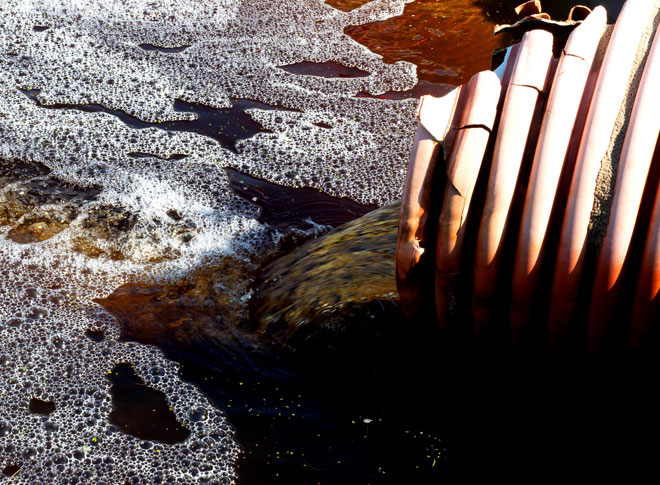
Photo: from Getty Images
Farming
On farming, WildFish also welcomes the Committee’s support for the Farming Rules for Water – and a recommendation that they ought to be tightened over time – to provide a proper baseline for agriculture. DEFRA should take note and not seek, as part of the agricultural transition, to undermine the regulatory baseline applying to all farming [Linked: WildFish EFRA Committee evidence 2021].
Nick Measham, Chief Executive of WildFish said:
“Not all farmers will sign up to Environmental Land Management Scheme and do the right thing. It is therefore imperative that we have a robust, strongly enforced regulatory baseline for all farming. Good farmers would have nothing to fear”.
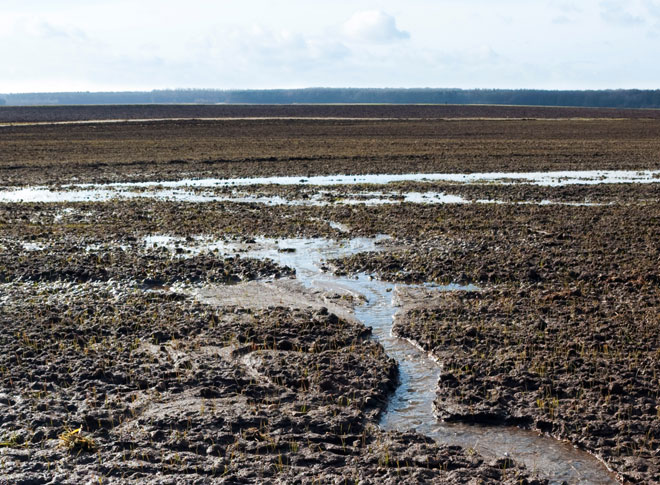
Photo: ©GettyImages.
Investment in sewerage infrastructure
WildFish is delighted to see that the Committee recognises that successive administrations and particularly Ofwat have failed over the years since privatisation to ensure that water companies comply with the duties under section 94(1)(b) of the Water Industry Act 1991 to treat sewage to render it innocuous and harmless before it is discharged.
Nick Measham Chief Executive of WildFish said:
“We now hope that the Office for Environmental Protection, which is currently considering ST&C’s complaint along exactly the same lines as the Committee has identified, will intervene forcefully and deliver a very clear message that the law on sewage, that has been in existence since 1991, must be enforced against polluting water companies”.
Intensive livestock units
We welcome the Committee’s support for a presumption against further planning permission for intensive poultry or livestock units in catchments where nutrient budgets are already out of kilter causing pollution of rivers [Para 108].
Guy Linley-Adams, Solicitor to WildFish said:
“This is long overdue, and we now look to the Government to alter planning policy as soon as possible, to stop planning permission being granted for more livestock units in catchments, such as the River Wye, that are already being damaged”.
Environment Agency
On the Environment Agency itself, while there is so much in the Committee’s report that highlights the frankly woeful performance of the Environment Agency over recent years, just as WildFish’s own report Doing its Job? did earlier in 2021 – see – we are delighted to see that the Committee focusses [para 352] on the need to increase charges levied by the Agency on polluters across the board so that the Agency has sufficient resources to monitor, inspect and enforce the law against water companies, farmers and anyone else who pollutes rivers.
Guy Linley-Adams, Solicitor for WildFish, said:
“Our report last year into the Environment Agency’s woeful performance received knee-jerk denials from the regulator. But almost everything in that report has now been confirmed by the Environmental Audit Committee. It is time particularly for the Environment Agency to stop putting out rose-tinted press releases on how many kilometres of river it claims to have improved, but to be open and honest about its own failures and what is needed to reverse the situation”.
Monitoring
The Committee’s concludes that the monitoring of rivers conducted by the Environment Agency is “outdated, underfunded and inadequate” and that monitoring of discharges by the Agency is not adequate – this echoes WildFish reports and statements over many years [Para 39]
Guy Linley-Adams, Solicitor to WildFish said:
“We are delighted that the Committee emphasises the need to move towards continuous real-time monitoring of both discharges and river quality and away from outdated ‘spot’ sampling, but we would note that to do this also requires the Agency to review its outdated permits, many of which are currently full of loopholes”.
Plans
WildFish is pleased that the Committee noted that poor implementation and enforcement of existing plans is a problem. Many plans are drawn up – salmon action plans, river-basin management plans, diffuse water pollution plans, nitrate reduction plans, phosphate reduction plans – but it is the implementation of those plans that has been lacking, over many years.
Nick Measham Chief Executive of WildFish said:
“If I had one wish, it would be that the Agency and DEFRA stop writing more and more plans – as if those plans were an end in themselves – but actually implemented the plans they have already written and forgotten”
For all enquiries please contact:
Guy Linley-Adams | Solicitor to WildFish
T: 07837 881219 E: guy@linley-adams.co.uk

